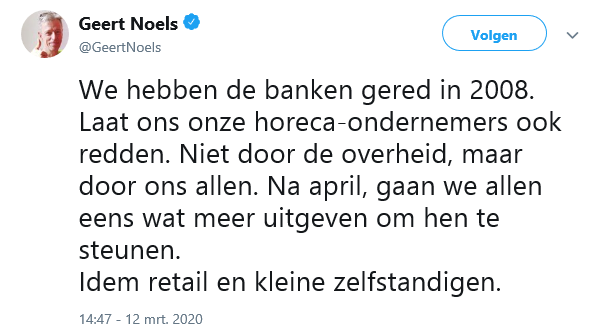The number of corona infections can roughly be modeled as N ~ R^t, where t is time1 and R is the reproduction number. The reproduction number R is the average number of new infections caused by one person infected with Covid-19.
If R > 1, the number of patients grows exponentially. If R < 1, the epidemic fizzles out.
How do people get infected? Obviously, they have to come into contact with the virus.
R is high when people are close together, indoors, and talking/singing/shouting. That explains why most infections occur at care facilities, slaughterhouses, prisons and at home2. There also seems to be a climatological effect. Sunlight, heat and humidity are correlated with a lower R. Genetic and (tuberculosis) vaccination differences between populations have been suggested to play a role.
Johannes Borgen (@jeuasommenulle) has estimated R for different countries3. You can find his methodology here.
As expected, lockdowns reduce R to below 1.
According to this map, the pandemic is still growing in Latin America, Africa and South Asia.


